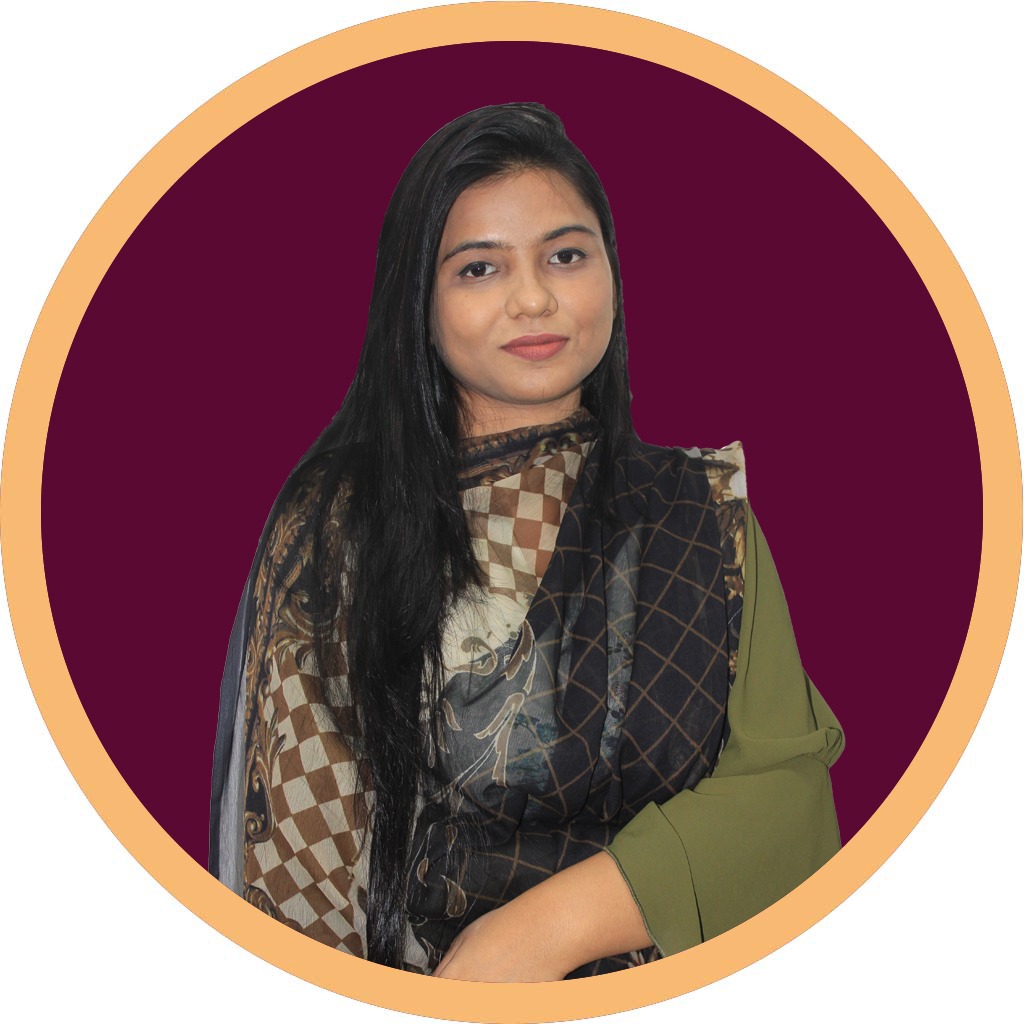Post graduated from North South University in Computer Science and Engineering. Have practical experience in research and strong technical skills. Have a research interest in Natural Language Processing, Machine Learning, and Neural networks.
Educational Qualifications:
|
Degree
|
Institute
|
Passing Year
|
| M.Sc. |
North South University |
2022 |
| B.Sc. |
North South University |
2019 |
| HSC |
Birshreshtha Noor Mohammad Public College |
2013 |
| SSC |
Bangladesh Bank Adarsha High School |
2011 |
Job Experience:
|
SN
|
Designation
|
Institution
|
Duration
|
|
1
|
Lecturer |
International University of Scholars |
2022-Present |
|
2
|
Research Assistant |
North South University |
2021 - Present |
|
3
|
Graduate Teaching Assistant |
North South University |
2020 - 2022 |
Publications:
- Effects of Label Noise on Performance of Remote Sensing and Deep Learning-Based Water Body Segmentation Models.
Abstract:
Large-scale management of surface water resources in urban areas can be difficult, especially if the region is subject to monsoonal waterlogging. Deep learning-based methods for computer vision tasks, such as image segmentation, can effectively be applied to remote sensing data for generating water body maps of large cities, aiding managerial entities, urban planners, and policymakers. The robustness of these models to erroneous pixel-level training class labels has not been studied in the water body segmentation context. Label noise is commonly experienced in classification tasks and may hinder performance. We collected and densely labeled Sentinel-2 images over Dhaka, one of the most densely populated and flood-prone megacities in the world. We synthetically injected four types of label noise viz., i) Gaussian noise, ii) translation, ii) rotation and iv) mirroring. Our primary objective is to observe and quantitatively analyze the effects of label noise on remote sensing data-driven deep learning models for water body segmentation. Our results show that salt and pepper noise (injected artificially using Gaussian noise) of only 50% can cause a massive 48.55% drop in the Intersection-over union score. The consequences of learning from training data with different magnitudes and settings of label noise have been explored.
Details - (Link)
- A deep learning classification model for Persian Hafez poetry based on the poet’s era.
Abstract:
More than any other literary genre, poetry presents a significant challenge for Natural Language Processing (NLP) algorithms. Small poetries in the Persian language are called ghazal. Ghazal classification by document embedding technique and sequential learning in the poetic era is an under-explored area of research till now. Deep learning and document embedding technique is explored in the current study. We have worked with Persian Ghazal, which Hafez writes. We have found and employed useful NLP approaches to facilitate and automate the classification of Hafez’s poetry. We developed and implemented a set of rigorous and repeatable techniques that may be extended to different types of poetries. It is a part of Persian text classification and NLP. We have implemented neural network models that automatically classify Hafez’s Persian poetry chronologically with around 85% accuracy. This proposed model is significantly better than previously reported work in the Persian Language on poetry data. In the Persian language, meter classification and machine learning-based poetry classification were done before. We have introduced a classification method based on the poet’s era using sequential architectures. We found the highest accuracy when we used the Distributed Memory model for document embedding and Long Short-Term Memory (LSTM) model for training the Persian Hafez ghazals. We have achieved approximately 87% precision, 85% F1-score, and 85% recall score by using our model. To perform this classification, we have used refined Hafez ghazals’ labels and found better accuracy than Bidirectional Long Short-Term Memory (Bi-LSTM) and Gated Recurrent Units (GRU) models.
Details - (Link)
Research Interests:
- Natural Language Processing
- Machine Learning
- Deep Learning
Awards:
- Achieved “Cum Laude” award for academic performance as an undergraduate at North South University 22nd convocation, 2019.
Training:
- Neural Networks and Deep Learning (Coursera)
- Applied Machine Learning in Python (Coursera)

